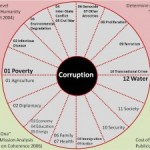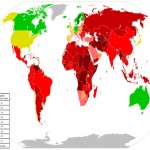 Learning Styles:Concepts and Evidence
Learning Styles:Concepts and Evidence
Psychological Science in the Public Interest
Abstract
The term “learning styles” refers to the concept that individuals differ in regard to what mode of instruction or study is most effective for them. Proponents of learning-style assessment contend that optimal instruction requires diagnosing individuals' learning style and tailoring instruction accordingly. Assessments of learning style typically ask people to evaluate what sort of information presentation they prefer (e.g., words versus pictures versus speech) and/or what kind of mental activity they find most engaging or congenial (e.g., analysis versus listening), although assessment instruments are extremely diverse. The most common—but not the only—hypothesis about the instructional relevance of learning styles is the meshing hypothesis, according to which instruction is best provided in a format that matches the preferences of the learner (e.g., for a “visual learner,” emphasizing visual presentation of information).
Phi Beta Iota: Advanced Information Operations (IO) will see the blending of Cognitive Science with Collective Intelligence inside the IO Cube. While the World Brain and Global are the final outcome, Advanced IO concepts and doctrine are possible now–they merely require the robust integration of intelligence and integrity in tandem, leading to the identification and pursuit of the right things–and recognize that information is a substitute for time, space, capital, labor, and violence. Sun Tzu meets John Boyd. Arugah.





